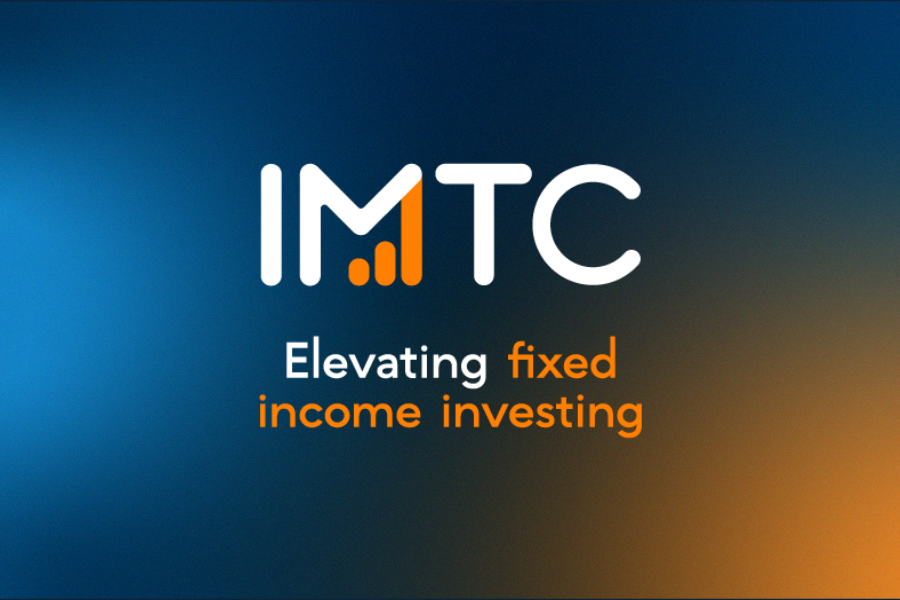MMI Annual Conference Recap: Innovation is Reshaping Advisor Models and Platforms

This year’s MMI Annual Conference underscored a central theme: the wealth management industry is undergoing a fundamental transformation. Advisory practices, client expectations, and technology infrastructure are all shifting at the same time — and firms are determining how to move from incremental change to structural modernization.
Across keynote presentations and sessions, three takeaways stood out:
1. Agility has become a competitive requirement
The pace of change in markets and financial services continues to accelerate. Traditional organizational models designed for risk avoidance now introduce operational drag. Industry leaders emphasized that in today’s environment, scale must enable — not restrict — innovation.
Firms are actively simplifying decision processes, enabling cross-functional execution, and pushing authority closer to the front line. The goal is consistent across organizations: empower teams to move faster while maintaining strong oversight. Those that achieve operational agility will be better positioned to respond to client needs, market volatility, and emerging opportunities.
2. Advisors need platforms that support personalization at scale
As trillions remain in cash and investors demand more tailored solutions, the tools available to advisors are increasingly defining competitive advantage. Where platforms once focused on access and efficiency, the expectation is now deeper: portfolio management must be both scalable and individualized.
AI is already contributing across the investment lifecycle — improving allocation recommendations, accelerating onboarding, optimizing tax and income considerations, and providing context for client conversations. But the underlying systems must evolve to fully support these capabilities.
Fixed income is a clear example. Delivering customized bond portfolios has historically been operationally intensive, limiting accessibility. Firms investing in modern workflows can now manufacture and manage SMAs more efficiently, opening new growth channels and improving outcomes for clients seeking predictable income, tax efficiency, and personalization.
3. The advisor role and business model are shifting
As technology automates more of the planning and portfolio process, the advisor’s value proposition is becoming increasingly relationship-oriented. The conversations in Washington pointed toward an advisor model that emphasizes guidance, behavioral coaching, and outcome accountability — supported by intelligent tools that dynamically manage the portfolio.
This evolution also impacts compensation structures. Some institutions are moving toward a private banking approach, where fixed pay and performance incentives replace a solely asset-based revenue model. The change reflects a focus on client results rather than product distribution.
Path forward
The industry understands where it needs to go: real-time, data-driven portfolio management delivered through platforms that enable customization without sacrificing scale or control.
At IMTC, we’re committed to helping wealth and asset management firms modernize fixed income operations to meet these expectations. The momentum coming out of the MMI conference suggests clear alignment — innovation that elevates advisor impact and strengthens client outcomes will shape the future of our industry.
This paper is intended for information and discussion purposes only. The information contained in this publication is derived from data obtained from sources believed by IMTC to be reliable and is given in good faith, but no guarantees are made by IMTC with regard to the accuracy, completeness, or suitability of the information presented. Nothing within this paper should be relied upon as investment advice, and nothing within shall confer rights or remedies upon, you or any of your employees, creditors, holders of securities or other equity holders or any other person. Any opinions expressed reflect the current judgment of the authors of this paper and do not necessarily represent the opinion of IMTC. IMTC expressly disclaims all representations and warranties, express, implied, statutory or otherwise, whatsoever, including, but not limited to: (i) warranties of merchantability, fitness for a particular purpose, suitability, usage, title, or noninfringement; (ii) that the contents of this white paper are free from error; and (iii) that such contents will not infringe third-party rights. The information contained within this paper is the intellectual property of IMTC and any further dissemination of this paper should attribute rights to IMTC and include this disclaimer.





